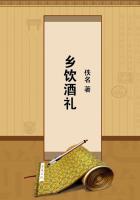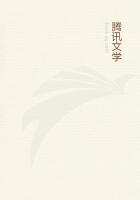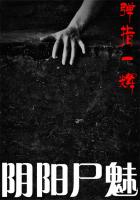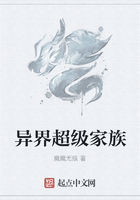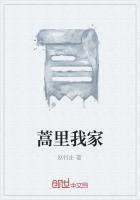“Oh! we used to be friends,” said Kutuzov, more cheerily. “Very good, very good, my dear boy; you stay here on the staff; we’ll have a talk to-morrow.” Nodding to Denisov, he turned away and put out his hand for the papers Konovnitsyn had brought him.
“Will not your highness be pleased to walk into the house?” said the general on duty in a discontented voice; “it’s necessary to look through the plans and to sign some papers.” An adjutant appeared at the door to announce that everything was in readiness within. But apparently Kutuzov preferred to be rid of business before going indoors. He paused …
“No; have a table placed here, my dear boy; I’ll look through them here,” he said. “Don’t you go away,” he added, addressing Prince Andrey. Prince Andrey remained in the porch listening to the general on duty.
While the latter was presenting his report Prince Andrey heard the whisper of a woman’s voice and the rustle of a woman’s silk dress at the door. Several times glancing in that direction he noticed behind the door a plump, rosy-faced, good-looking woman in a pink dress with a lilac silk kerchief on her head. She had a dish in her hand and was apparently waiting for the commander-in-chief to enter. Kutuzov’s adjutant explained to Prince Andrey in a whisper that this was the priest’s wife, the mistress of the house, who intended to offer his highness bread and salt, the emblems of welcome, on his entrance. Her husband had met his highness with the cross in church, and she intended to welcome him to the house.… “She’s very pretty,” added the adjutant with a smile. Kutuzov looked round at the words. He heard the general’s report, the subject of which was chiefly a criticism of the position of the troops before Tsarevo-Zaimishtche, just as he had heard Denisov, and just as, seven years before, he had heard the discussions of the military council before Austerlitz. He was obviously hearing it simply because he had ears, and although one of them was stuffed up with cotton-wool they could not help hearing. But it was obvious that nothing that general could possibly say could surprise or interest him, that he knew beforehand all he would be told, and listened only because he had to listen to it, just as one has to listen to the litany being sung. All Denisov had said was practical and sensible. What the general was saying was even more practical and sensible, but apparently Kutuzov despised both knowledge and intellect, and knew of something else that would settle things—something different, quite apart from intellect and knowledge. Prince Andrey watched the commander-in-chief’s face attentively, and the only expression he could detect in it was an expression of boredom, of curiosity to know the meaning of the feminine whispering at the door, and of a desire to observe the proprieties. It was obvious that Kutuzov despised intellect and learning, and even the patriotic feeling Denisov had shown; but he did not despise them through intellect, nor through sentiment, nor through learning (for he made no effort to display anything of the kind), he despised them through something else—through his old age, through his experience of life. The only instruction of his own that Kutuzov inserted in the report related to acts of marauding by Russian troops. The general, at the end of the report, presented his highness a document for signature relating to a petition for damages from a landowner for the cutting of his oats by certain officers.
Kutuzov smacked his lips together and shook his head, as he listened to the matter.
“Into the stove … into the fire with it! And I tell you once for all, my dear fellow,” he said, “all such things put into the fire. Let them cut the corn and burn the wood to their heart’s content. It’s not by my orders and it’s not with my permission, but I can’t pursue the matter. It can’t be helped. You can’t hew down trees without the chips flying.” He glanced once more at the paper. “Oh, this German preciseness,” he commented, shaking his head.

